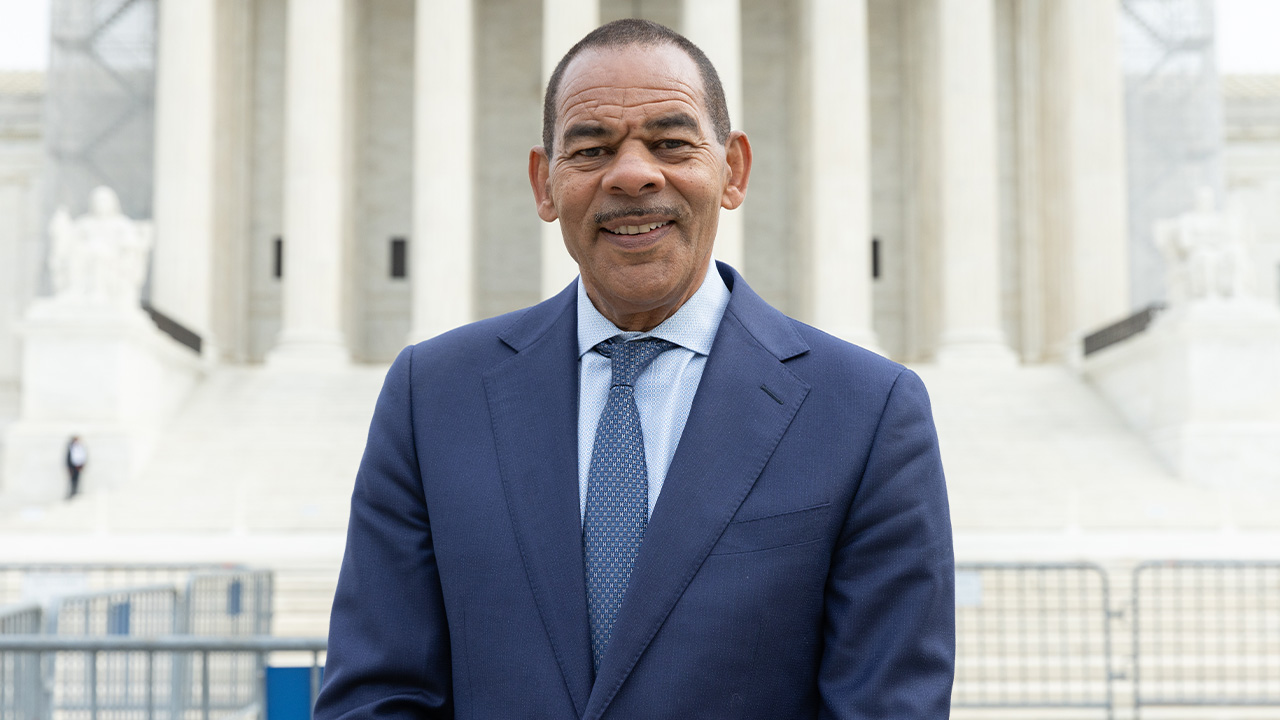By David K. Friedland
With unprecedented court closures, trial calendar continuances and interruptions in civil litigation practices on a global scale, the COVID-19 pandemic has provided civil mediators with an opportunity to handle an increasing volume of cases as litigants and their counsel look for ways to resolve disputes remotely and virtually.

Virtual mediations offer mediators, parties, and civil litigators the opportunity to expand the circumstances under which remote video mediations are reasonable and effective. Typically, remote mediations have occurred under limited scenarios, such as when the parties and their attorneys are geographically remote from each other, creating a situation where the travel costs for the parties and/or mediator do not justify the effort. In today’s civil litigation climate, however, remote mediations are the rule rather than the exception, with technologically savvy mediators stepping in to provide parties a chance to settle their civil disputes and move on to more pressing business needs.
Of course, reliability and security are essentials for an efficient virtual mediation. With most law firms, businesses and mediators presumably already set up with remote workstations, the primary technical requirements for each mediation participant is an internet-connected device (preferably Wi-Fi) with video and audio (microphone and speaker) capabilities. In terms of the mediator’s hosting of the mediation, services such as Zoom can be configured for multiple rooms (a “conference room” for all parties and separate “caucus/breakout rooms” for the individual parties). As the host of such a meeting, the mediator can enable various functions to ensure the security and confidentiality required for a successful mediation:
- When creating the meeting, include two layers of security, namely (a) a password that each participant must enter when accessing the meeting; and (b) a waiting room function that will allow the mediator to “admit” participants into the meeting once they log in. Security is obviously only effective if the mediator stresses to the participants that they not share the meeting ID and password with others;
- Either in advance of the virtual meeting, with the parties and counsel identified ahead of time, or at the commencement of the mediation, the mediator should create as many caucus/breakout rooms as will be needed (i.e., one for plaintiff and one defendant or, in the case of multiple defendants, one for each defendant). In addition to the party breakout rooms, the mediator may also want to create a separate, spare breakout room in case the need arises for the mediator to consult with the attorneys independent of their clients, or vice-versa. In terms of cost, a Zoom license may include additional pricing for additional rooms (typically under $200 per room for an entire day), so this factor may need consideration when creating breakout rooms;
- As the host of the meeting, the mediator can control which participants can enter which breakout rooms, with the mediator/host obviously able to enter any room at any time. The chat function will enable the mediator, as the host, to communicate with the breakout rooms and provide them information, such as “I am about to enter your breakout room,” “Please leave the breakout room and come to the general meeting room,” or “I need to speak with outside counsel for both parties in the side breakout room.” A participant, including the host, can only be present in one room at a time;
- In the event an agreement is reached, a portion of the meeting can be recorded with the mediator reciting the agreed material terms and each party/counsel confirming acceptance of those terms on the record. Additionally, if the parties are able to document their agreement, as is always recommended, many virtual meeting services include the ability to share documents and utilize electronic signing services, such as DocuSign, to obtain a fully executed set of documents at the close of the mediation.
A number of third-party providers, such as court reporting services that are already set up for remote video depositions, are now offering virtual mediation services that incorporate established virtual meeting and electronic signature services. Virtual mediations are undoubtedly going to become the “new norm” for the foreseeable future and should be attractive to all involved in civil litigation, from the courts looking to reduce case volume to the mediators looking to fill the void to the parties (and their litigation counsel) looking to help their businesses focus on the issues at hand. Even in a post COVID-19 environment, virtual mediations should be looked upon as an efficient and secure means of dispute resolution.
David Friedland is an intellectual property attorney and owner at the Miami firm Friedland Vining, P.A. During the past dozen years, he has expanded his practice to include dispute resolution, whether as a mediator, arbitrator or special master. He may be reached at dkf@friedlandvining.com















